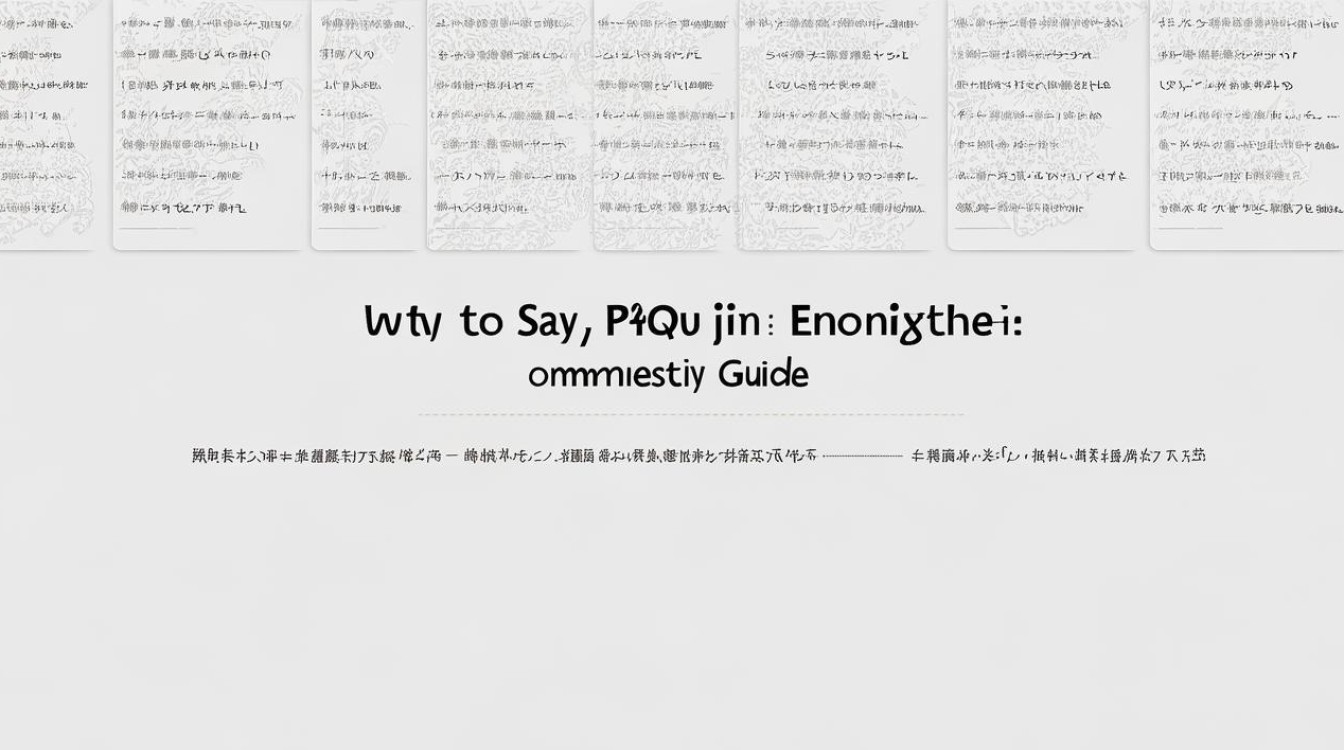Understanding how to express the Chinese word "脾气" in English is essential for effective communication. Whether you're learning English or simply curious about linguistic nuances, this guide will explore the various translations, contexts, and cultural implications of the term.

The Most Common Translation: "Temper"
The direct equivalent of "脾气" in English is "temper." This word captures the general idea of a person's emotional disposition, particularly regarding anger or patience.
Examples:
- "He has a bad temper." (他脾气不好。)
- "She lost her temper during the meeting." (她在会议上发脾气了。)
"Temper" can refer to both positive and negative traits, though it often leans toward describing irritability.
Alternative Words and Phrases
Depending on the context, "脾气" can be translated differently. Here are some variations:
"Mood"
When referring to temporary emotional states, "mood" is a suitable translation.

- "She’s in a bad mood today." (她今天脾气不好。)
"Disposition"
This term describes a person’s general nature rather than a fleeting emotion.
- "He has a calm disposition." (他脾气很温和。)
"Character"
If "脾气" relates to personality traits, "character" may fit.
- "His strong character makes him assertive." (他脾气倔强,很有主见。)
"Anger" or "Irritability"
When emphasizing frustration or short-temperedness, these words work well.
- "His constant irritability annoys everyone." (他脾气暴躁,惹人烦。)
Idiomatic Expressions Related to "Temper"
English has several idioms that convey the idea of "脾气":
-
"Short fuse" – Someone who gets angry easily.

"Be careful with him; he has a short fuse." (小心点,他脾气一点就着。)
-
"Fly off the handle" – To suddenly become very angry.
"She flew off the handle when she heard the news." (她听到消息后大发脾气。)
-
"Keep one's cool" – To remain calm.
"Despite the pressure, he kept his cool." (尽管有压力,他脾气还是很好。)

Cultural Differences in Expressing "Temper"
Different cultures perceive and express temper differently. In Western societies, openly discussing emotions is more acceptable, whereas some Asian cultures may emphasize restraint. Understanding these nuances helps in cross-cultural communication.
For example:
- In English-speaking workplaces, saying, "I’m feeling frustrated," is normal.
- In some Chinese contexts, people might avoid direct confrontation and instead say, "他最近心情不好" (He’s been in a bad mood lately).
Practical Tips for Using These Terms
- Observe Context – Choose the right word based on whether you're describing a temporary mood or a long-term personality trait.
- Consider Intensity – "Temper" suggests stronger emotions than "mood."
- Use Idioms Naturally – Incorporate phrases like "short fuse" in informal conversations.
Final Thoughts
Mastering the translation of "脾气" into English enhances fluency and cultural awareness. Whether you opt for "temper," "mood," or idiomatic expressions, the key is to match the word with the situation. Language is a bridge—understanding these subtleties makes communication smoother and more effective.


